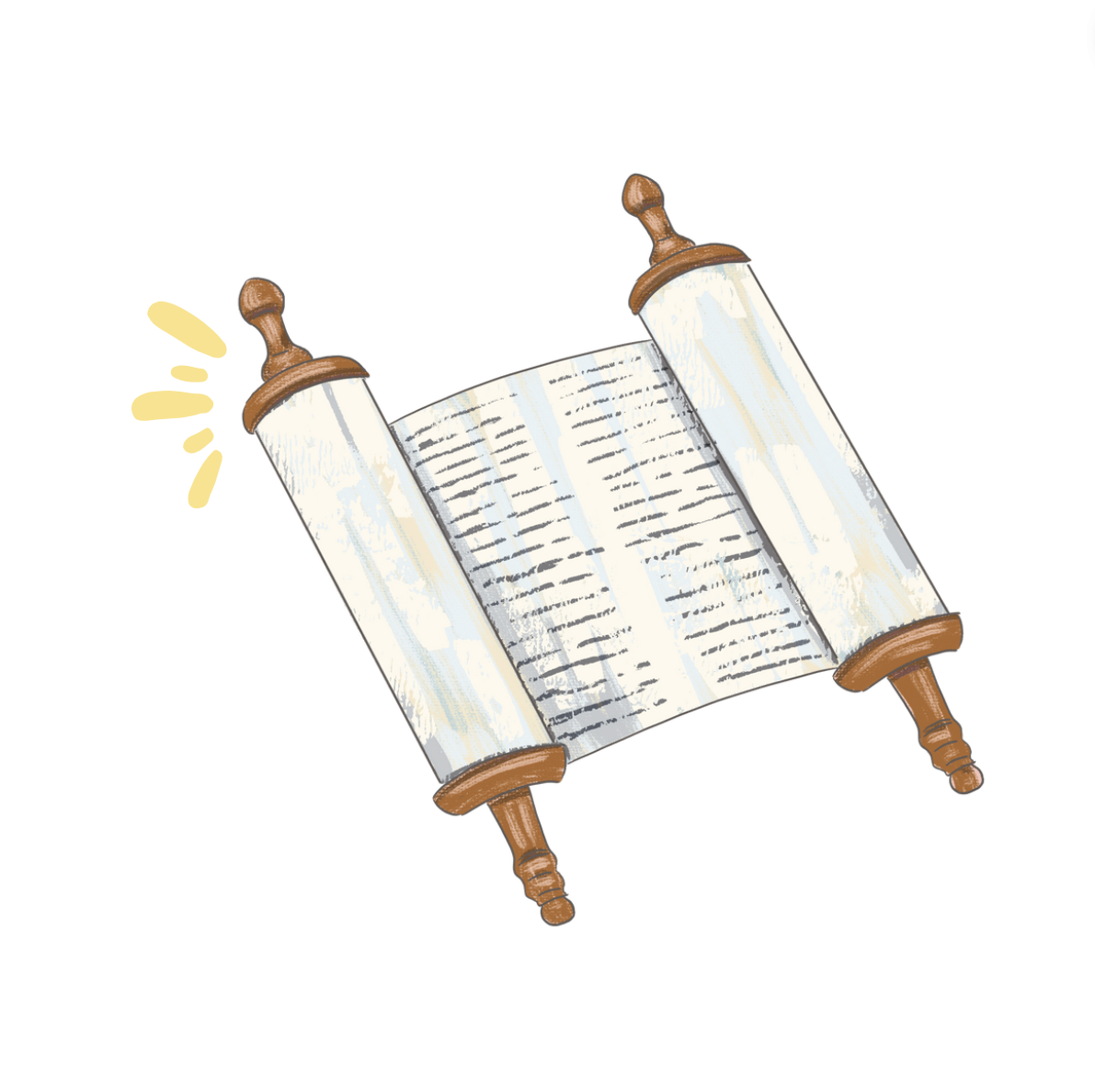At JCP this past week, the 2nd graders of the Hebrew School Project led model seders for their families. As we began the seder on Tuesday—which was a tremendous display of learning, creativity, and joy—one student summarized the Passover story by saying, “It’s the story of when Israelites were slaves in Egypt and became free.” Teachers, parents, and siblings all nodded along because this is certainly correct! However, as is the case with much of Jewish tradition, the narrative that we were once slaves and are now free is not without complication.
Just before the Maggid section of the seder, which tells the story of Passover, someone typically holds up a piece of matzah and says the opposite:
“This is the bread of affliction. This is the bread our ancestors ate in the land of Egypt. Anyone who is hungry, come eat! Anyone who is in need: come and celebrate Passover. Now we are here. Next year, in the land of Israel. Now we are slaves (avadim). Next year, free people (b’nei horin).” In this statement, the message is clear that we are currently enslaved and hope to be free next year.
Elsewhere in the Haggadah, though, we read the phrase “We were slaves (avadim hayinu) and God brought us out of Egypt,” we sing “We were slaves and now we are free people (avadim hayinu v’ata b’nei horin),” and we recline to symbolize our freedom. From each of these messages and more, we receive the original message that the 2nd graders used to open their seder. While we were once slaves in Egypt, we are now free.
The fact that we hear that we are both enslaved and free creates an interesting tension over which there has been much debate. The Talmud (BT Rosh Hashanah 11a) teaches that the Jewish people will be redeemed in the month in which Passover takes place, suggesting that while we’re free from Egypt, we aren’t fully free until “next year.” Rabbi Art Green writes that we both enjoy immense freedom in our current society and also struggle with from an eternal human condition to continuously strive for greater spiritual freedom. Yet another understanding, one that draws on wisdom from Emma Lazarus, Dr. Martin Luther King Jr., and Maya Angelou, is that no one is free until everybody is free.
I want to add one more interpretation of the fact that we are called both slaves and free people in different places in the Haggadah. The Hebrew phrase for “free people” is “b’nei horin.” We see this same phrase in a book of ethical teachings in the Mishnah called Pirkei Avot (2:15), where Rabbi Tarfon says “It is not your duty to complete the work, but neither are you free (b’nei horin) to neglect it.” In this other context, b’nei horin isn’t just a state of freedom from slavery that we celebrate; it is also a freedom from responsibility that we admonish. With this understanding of b’nei horin, the Haggadah challenges us to think about what we do with our freedom, not just whether or not we are free.
Passover is a joyous festival of celebration in which we recall the Exodus from Egypt, telling the story year after year so we can imagine ourselves on the journey from slavery to freedom. At the same time, Passover is an opportunity to consider how we use our freedom to enhance our own lives and the lives of others around us. While we remember over the course of the seder that we are b’nei horin, free people, we aren’t free from the work to make the world a better place.
Shabbat shalom,
Jacob

